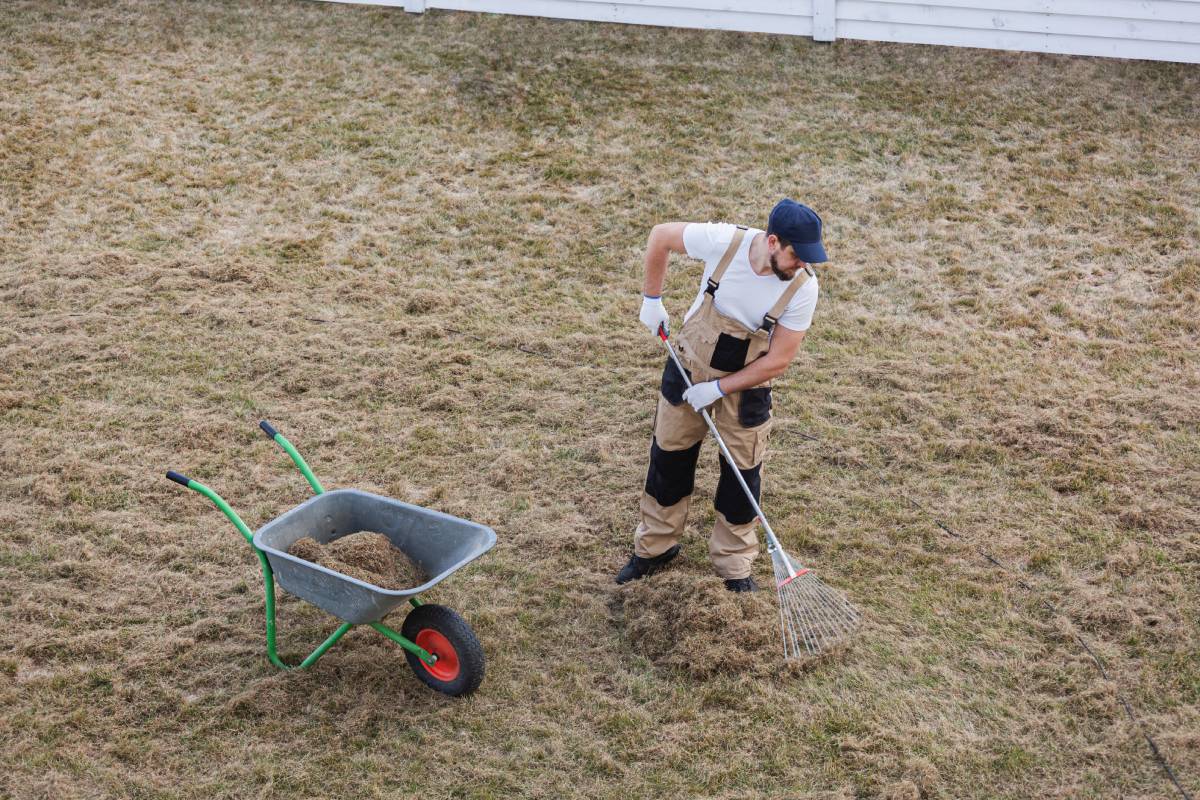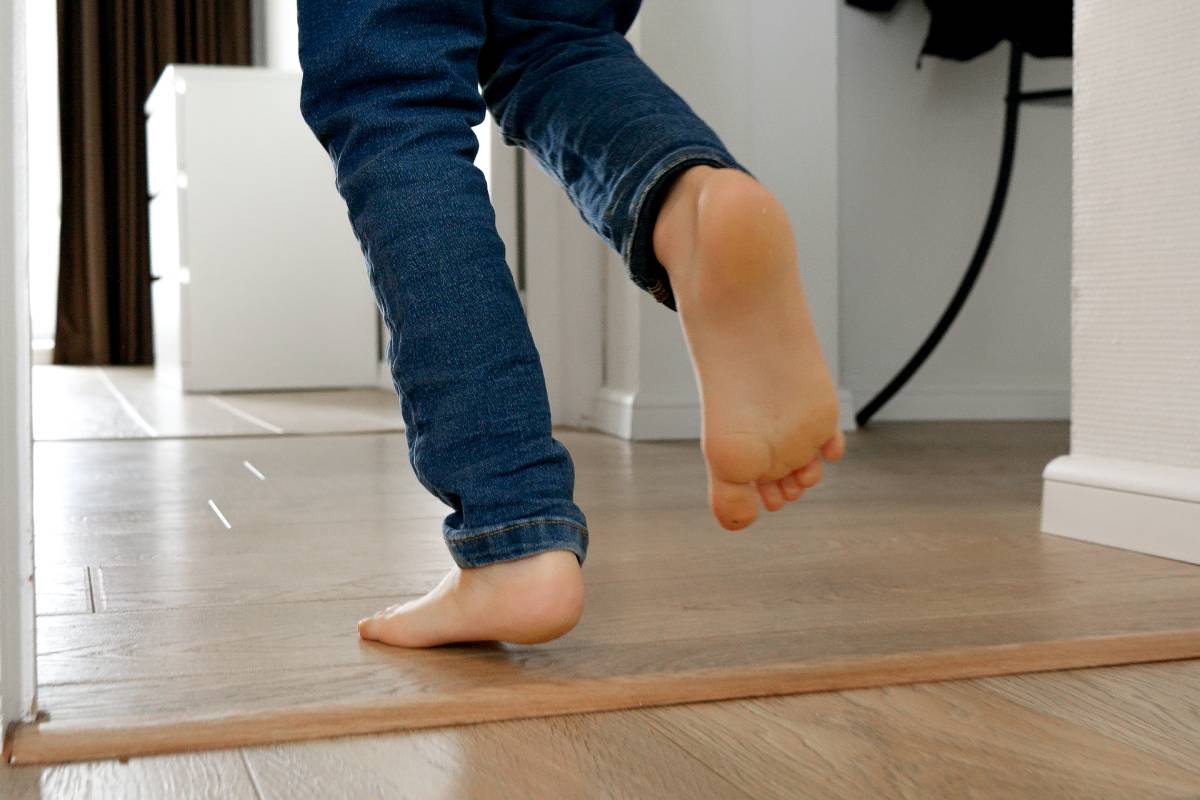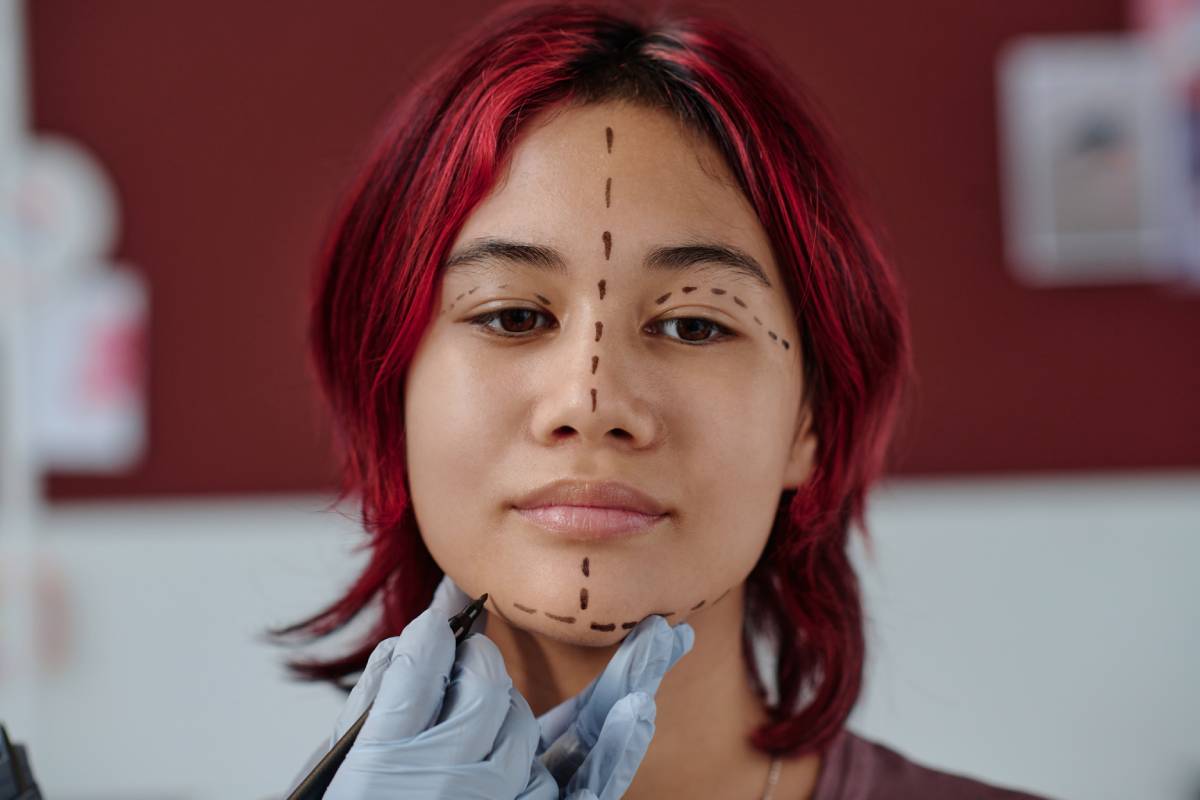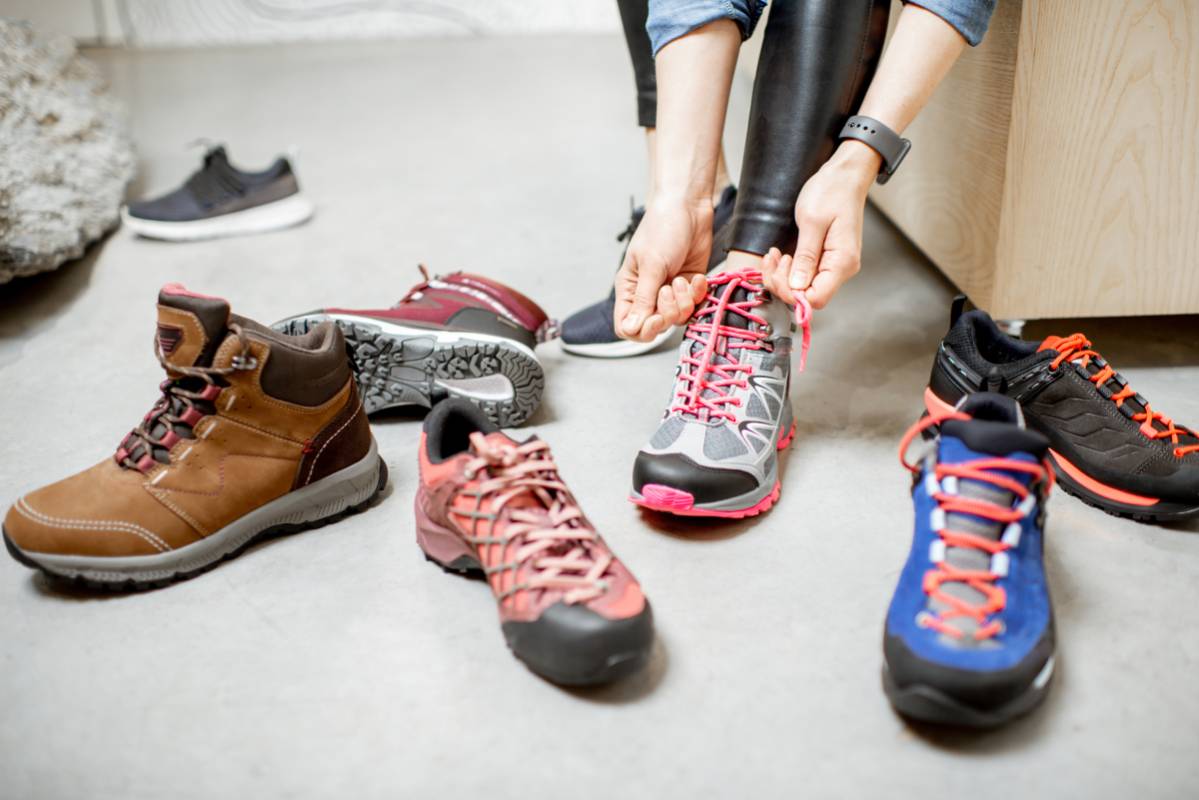
Respect is a basic need in all our relationships. Whether at work, with friends, or family, being respected helps us feel valued and confident.
But sometimes, it can feel like people don’t respect us or even dislike us, which can be confusing and hurtful.
Understanding why this happens and learning how to recognize signs of disrespect or dislike is the first step to improving these relationships.
In this article, we’ll explore common reasons why people might not respect you, how to tell if someone doesn’t like you, and practical ways to respond with confidence and kindness.
Why Do People Not Respect You?
Respect is a two-way street, and sometimes the reasons people don’t respect you come from how you interact with them, how you feel about yourself, or even their own personal issues. Here are some common reasons people might not show you respect:
1. Lack of Self-Respect or Confidence
People often sense how we feel about ourselves. If you don’t respect yourself, or if you show low confidence, others might also find it hard to respect you. Confidence means standing up for yourself calmly and clearly. When you respect your own feelings and needs, others are more likely to respect you too.
2. Unclear Boundaries
Boundaries are rules you set for how others should treat you. If you don’t clearly say what is okay and what is not, people might unknowingly disrespect you.
For example, if you always say “yes” to things that upset you or let others interrupt you, they may think it’s okay to treat you that way.
3. Poor Communication
How you communicate matters a lot. If you speak softly, avoid eye contact, or do not express your thoughts clearly, people might overlook what you say. On the other hand, being too aggressive or rude can push people away. Respect grows when communication is honest, calm, and clear.
4. Past Actions or Reputation
Sometimes, if you have acted in ways that upset others before, they might find it hard to respect you now. Even if you have changed, people’s past impressions can last. Building respect takes time, especially if trust has been broken.
5. Differences in Values or Personality
Everyone has different beliefs and personalities. Sometimes, people don’t respect others simply because they don’t understand or agree with their choices or ways of thinking. This does not mean you are wrong it just means you might be different.
6. Envy or Jealousy
If you are successful, confident, or popular, some people might feel jealous or threatened. When people feel this way, they might show disrespect as a way to put you down. This behavior says more about their feelings than your worth.
7. Social or Cultural Differences
Respect looks different across cultures and social groups. Something respectful in one culture might not be in another. Sometimes people don’t respect you because of misunderstandings based on these differences.
How to Tell If People Don’t Like You
Sometimes it is hard to know if people don’t like you because many people hide their true feelings. But you can usually notice signs if you pay attention:
1. Body Language
Body language often reveals true feelings. People who don’t like you may avoid eye contact, keep their distance, cross their arms, or show tense facial expressions. These non-verbal signals suggest they might feel uncomfortable around you.
2. Cold or Rude Tone
How people talk to you says a lot. If their voice sounds cold, sarcastic, or sharp, or if they often interrupt or ignore you, they may not respect or like you.
3. Avoidance or Exclusion
If people avoid inviting you to gatherings, cancel plans, or don’t want to spend time with you, it could be a sign of dislike or disrespect. This can hurt, but it’s important to notice and accept it.
4. Lack of Interest in Conversations
When someone doesn’t like you, they often seem bored or distracted when you talk. They give short answers, don’t ask questions, and don’t remember details you’ve shared before.
5. Gossip and Negative Talk
If you hear that someone talks badly about you behind your back, it’s a clear sign they don’t like or respect you. Gossip can damage relationships and trust.
6. Passive-Aggressive Behavior
Sometimes people don’t show dislike directly but use indirect ways, like giving backhanded compliments, forgetting promises, or making subtle insults. This behavior hurts respect and trust.
What to Do When People Don’t Respect You
Finding out that some people don’t respect you can be painful. But there are ways you can handle the situation with grace and strength:
1. Reflect on Yourself Honestly
Take some time to think about your own behavior. Are you clear about your boundaries? Do you communicate your feelings honestly? Being self-aware helps you grow and shows others that you respect yourself.
2. Communicate Calmly and Clearly
If it feels safe, talk to the person who disrespects you. Use “I” statements like “I feel hurt when…” instead of blaming. This opens a chance for understanding and healing.
3. Set and Keep Boundaries
Say what you need and don’t allow others to cross your limits. Respect grows when people see that you won’t accept bad treatment.
4. Don’t Take It Personally
Remember that disrespect often reflects the other person’s issues, like insecurity or jealousy, not your value. Try not to let their behavior affect how you feel about yourself.
5. Build a Supportive Circle
Spend more time with people who respect and care for you. Positive relationships build your confidence and happiness.
6. Boost Your Confidence
Work on activities that make you feel good about yourself. Confidence is one of the strongest ways to earn respect.
7. Be Assertive
Being assertive means expressing your needs and opinions clearly but kindly. It shows you respect yourself and expect respect from others.
8. Accept What You Can’t Change
Sometimes, no matter what you do, some people won’t change. Accepting this can help you focus on the relationships that matter.
9. Get Help If Needed
If disrespect affects your mental health or self-esteem, talking to a counselor or therapist can give you support and tools to cope.
10. Lead by Example
Treat others with respect, even if they don’t treat you the same way. Your kindness and fairness can influence how others behave over time.
The Role of Fading Negative Affect Bias
Over time, many people go through something called Fading Negative Affect Bias. This means that the strong negative feelings you have now like the pain of being disrespected will slowly fade.
As time passes, the good memories and positive emotions usually stay longer than the bad ones. This natural process helps you heal, let go, and move on without carrying the heavy emotional pain forever. Even if disrespect feels very painful now, it won’t always feel this way.
Conclusion
Feeling disrespected or disliked is hard, but understanding why it happens helps you respond in a healthy way.
Respect starts with you when you respect yourself, communicate clearly, and set boundaries, others are more likely to respect you.
Sometimes, people’s dislike is about them, not you. Focus on building strong, respectful relationships and be patient with yourself as you grow.
Respect is a key to happy, healthy relationships. When you learn to recognize disrespect and handle it wisely, you protect your peace and strengthen your connections with others.






















